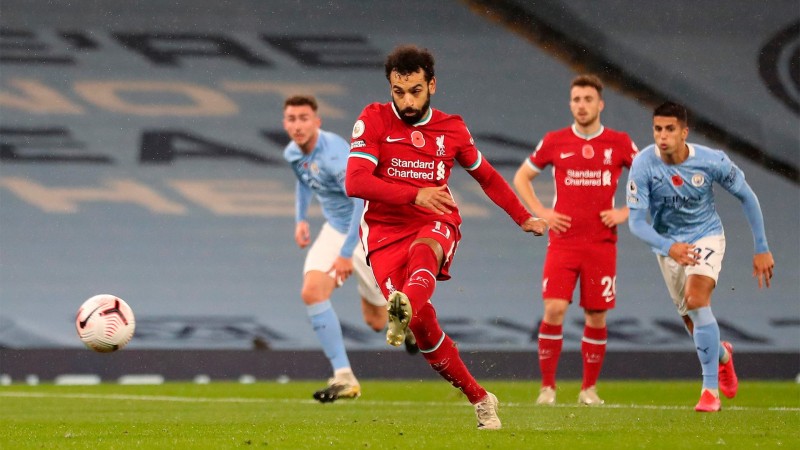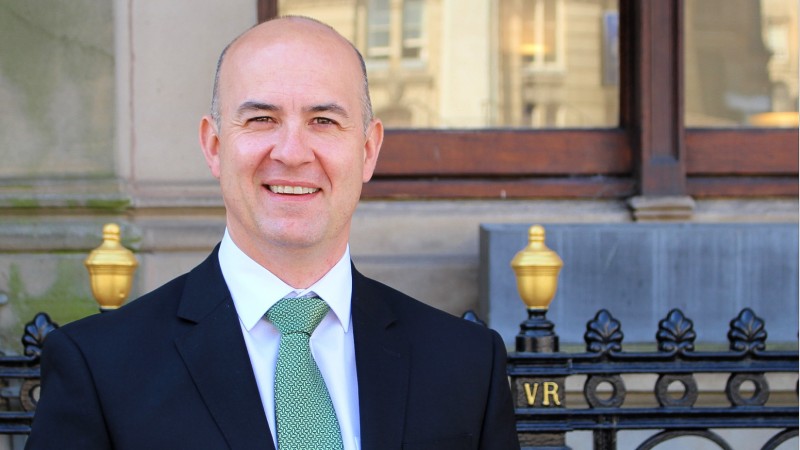Britain’s gambling laws reforms seem to have reached a momentary dead-end road on Wednesday as a rift emerged at the top of the Conservative party when it came to the ban of sponsorship on football shirts, and the imposition of a levy to fund addiction services.
As reported by The Guardian, multiple sources said the white paper on gambling reform is still missing its final details due to a wedge between departments and senior MPs, with the publication deadline just weeks away.
After a report in the Times said football teams would be allowed to continue displaying betting sponsor logos on their shirts and that there would be no compulsory levy to fund addiction research, education and treatment, MPs pushing for stricter reform reacted negatively, The Guardian says.

Sources familiar with the draft proposals still insisted both changes could still go ahead, adding that discussions with Premier League teams about sponsorship are “ongoing” and that the levy could survive, albeit limited to online firms rather than brick and mortar casinos and bookmakers. However, final decisions are subject to lobbying from senior Tories, ahead of the white paper being published in mid-July, with the Treasury believed to be in opposition to those two elements.
Officials at the exchequer believe the tax take could fall if the gambling industry’s yearly £11 billion winnings from British customers are reduced, the Guardian further reported. This puts the Exchequer at odds with the Department of Health, which is believed to be supportive of a levy to fund NHS treatment; and the culture minister Chris Philp, who is overseeing the reforms.
Another division within the upper echelons of the party, including one cabinet minister, is also ideologically opposed to imposing a “polluter pays” levy on gambling firms, the aforementioned Guardian report says.
In the meantime, Iain Duncan Smith, a former Conservative leader who co-chairs a cross-party group examining gambling harm, urged ministers not to dilute the reforms. “If correct, and government emasculates the white paper, it’s the wrong move, we’ll see a lot of opposition,” he stated.
Senior MPs are currently making representations to policy adviser David Canzini, with those favoring reform holding on to the belief that they can still convince Prime Minister Boris Johnson to back a mandatory levy, replacing the industry’s voluntary contributions.
UKGC's CEO Andrew Rhodes.
The levy is backed by the UK Gambling Commission, which is expected to get more funding and powers in the white paper, as well as the charity GambleAware, which acts as a conduit for most of the money spent under the current voluntary system.
The government is expected to adopt other measures as well, including bet limits ranging between £2 and £5 on online casino gaming including slots, and affordability checks to ensure customers do not spend more than they can pay. Inducements such as free bets or VIP perks are also likely to be banned for bettors who are losing heavily.
The row has caused further delay to proposals that were originally due to come out in late 2021. The dispute over gambling policy within the Tory party has echoes of the debate over fixed-odds betting terminals, which led to the resignation of sports minister Tracey Crouch in 2018.
Stakes on the digital roulette machines were slashed from £100 to £2 after MPs from across the House rallied to Crouch’s side. Duncan Smith was vital in the campaign to cut the stakes and many of the measures proposed in a 2019 report are expected to be included in the upcoming white paper.
CEO of BGC, Michael Dugher.
The UK’s Betting and Gaming Council (BGC) warned this week that, according to new research conducted by YouGov on their behalf, a ban on promotions including “free bets” could push almost a third of customers to the black market while “sucking millions out of horse racing”.
Chief Executive of the Betting and Gaming Council, Michael Dugher described bans on offers as an “anti-punter” move that would “severely degrade customer experience, punishing the overwhelming majority of punters who bet safely”.
He added that a draconian ban would “damage a sector which tens of thousands rely on for their livelihoods by turning punters away from the regulated industry into the arms of unsafe, unregulated black market gambling.”
















